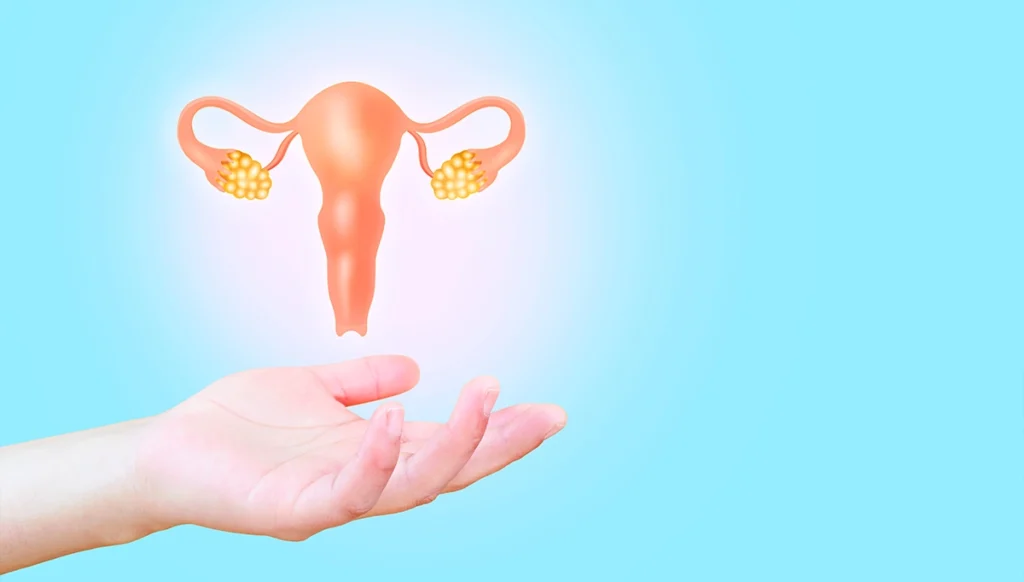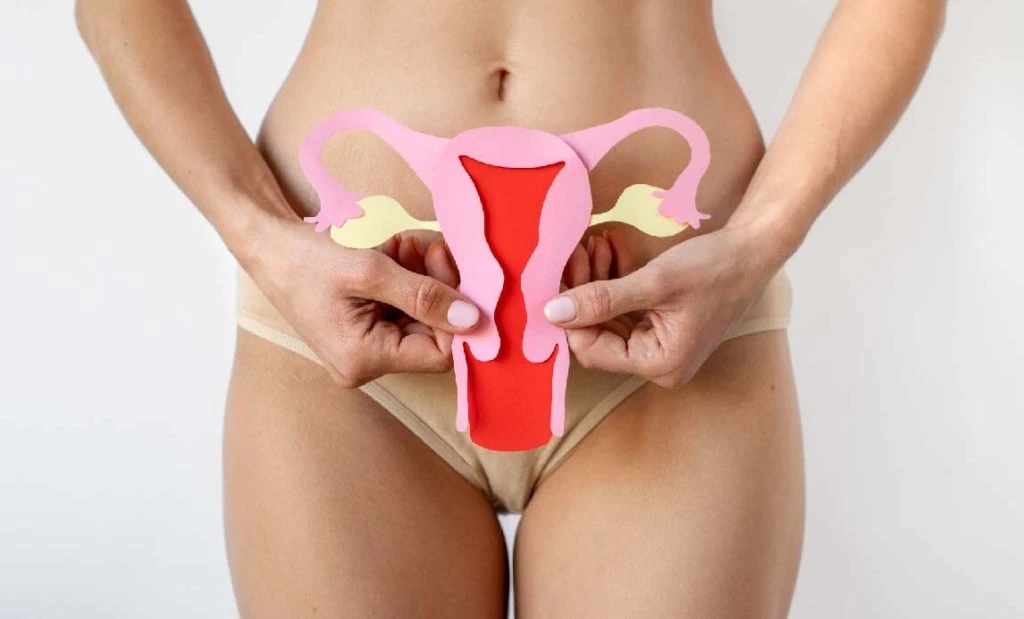The conversations surrounding gynaecological health are often clouded by misconceptions that have been repeated for decades. Some myths come from outdated cultural beliefs, others from misinterpreted medical advice or half-truths shared online. And some of them, we’re not afraid to say, also come from sexist attitudes towards women’s sexual health.
And while these myths might appear harmless, they can influence personal decisions, delay medical care, and increase anxiety around entirely natural processes.
And it’s worth pausing here. Why do these misconceptions persist when accurate medical information is so accessible? It’s partly because topics like menstrual health, fertility, and sexual wellness still carry unnecessary stigma. People hesitate to ask questions openly, leaving gaps for misinformation to thrive. But by tackling these myths head-on, the narrative can shift – towards knowledge, confidence, and informed choices.
Do Irregular Periods Always Indicate A Health Problem?
Not always! Menstrual cycles aren’t clockwork for everyone. They can naturally vary due to stress, diet, exercise, or simple genetic differences. Yet, the moment someone’s cycle shifts even slightly, panic often sets in. The belief that irregularity automatically means something is wrong is one of the most persistent myths.
There are many benign reasons behind irregular period patterns that are entirely normal – adolescence and perimenopause are prime examples. On the other hand, certain conditions like polycystic ovary syndrome (PCOS), thyroid imbalances, or significant weight changes can influence cycle regularity.
Is Vaginal Discharge A Sign Of Poor Hygiene?
This myth has caused countless people to feel unnecessary shame about their bodies. Vaginal discharge is not a cleanliness issue – it’s a completely natural function of the reproductive system. It helps to maintain balance, flush out bacteria, and protect against infections.
The problem arises when normal discharge is misunderstood. Variations in colour, texture, or volume throughout the cycle are completely typical. It’s only when there are sudden changes – unusual odour, discomfort, or irritation – that it becomes worth seeking medical advice. To claim otherwise is not just incorrect, but harmful, because it encourages practices like over-washing or using harsh products that can disrupt the body’s natural balance.
Can You Always Rely On The “28-Day Cycle” Rule?
There’s a widespread assumption that every menstrual cycle should be exactly 28 days. While that might be the “average,” it’s far from universal. Some people naturally have cycles that last 24 days; others, 35. Both can be perfectly healthy.
Why does this myth matter? Because rigid expectations create unnecessary anxiety when the cycle doesn’t “fit the mould.” It also feeds into the misconception that any deviation is a sign of infertility or hormonal imbalance.
Not only is this belief outdated, but it also doesn’t account for how stress, illness, or lifestyle changes can temporarily shift cycle length. Tracking your cycle – whether through an app, calendar, or simply paying closer attention – is far more reliable than expecting a fixed 28-day schedule.
Does A Cervical Smear Test Hurt?
This misconception often deters people from booking their tests, which is concerning given the importance of early detection for cervical health. While discomfort is possible, describing the test as “painful” is misleading. Most people experience a sensation similar to pressure or mild cramping, but not outright pain.
The truth? The anxiety leading up to the appointment often causes more distress than the test itself. The key is to focus on preparation – knowing what to expect, breathing exercises, and discussing any concerns with the practitioner.
Should You Avoid Exercise During Menstruation?

Another myth that refuses to disappear! In reality, light to moderate exercise – think walking, yoga, or low-impact strength work – can actually reduce menstrual cramps and boost mood. The body isn’t suddenly fragile during menstruation; if anything, gentle movement can be beneficial.
What’s harmful is the belief that menstruation is a “time of weakness” that demands complete rest. Of course, if energy levels are low or symptoms are severe, rest is fine – but it’s not a biological necessity.
Are Ultrasounds Only For Pregnancy?
Ultrasounds are often associated with prenatal care, but their use extends far beyond pregnancy. They’re vital tools for diagnosing ovarian cysts, fibroids, or other gynaecological conditions – the idea that they’re only for pregnant individuals can discourage people from seeking them when needed.
As a trusted prenatal scanning centre, we offer ultrasound scans not just for pregnancy, but for monitoring, diagnosing and treating common gynaecological issues.
Why Do These Misconceptions Stick Around?
Part of the reason lies in discomfort – society doesn’t always talk openly about reproductive health. Even well-meaning advice from family or friends can be coloured by myths that were never challenged. Add the internet into the mix, where unverified claims spread quickly, and confusion is inevitable.
But here’s where it shifts: medical research is more accessible than ever. Reliable healthcare providers share evidence-based insights online. The challenge now is learning to filter credible information from the noise.
Final Thoughts
Put simply, gynaecological health shouldn’t be treated as a taboo subject, yet too many misconceptions still shape how people view their bodies. Not only are these myths outdated, but they also create unnecessary fear and stigma. The key is understanding what’s normal, what’s not, and when to seek professional advice.
We believe that the more openly these topics are discussed – without shame or unnecessary secrecy – the less power misinformation will have. After all, accurate knowledge isn’t just liberating; it’s essential for making the right decisions about one’s health.








